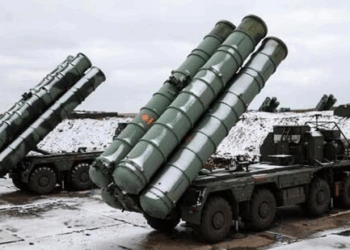Experts warn that behind the current heat surge lie underlying factors that threaten to exacerbate the climate crisis. From human activities to environmental feedback loops, the reasons behind the rising mercury levels are multifaceted and demand immediate attention.
Climate scientists have long emphasized the role of greenhouse gas emissions from human activities such as burning fossil fuels and deforestation in driving global warming. These activities release vast amounts of carbon dioxide and other heat-trapping gases into the atmosphere, leading to a gradual increase in average temperatures worldwide. As industrialization and urbanization continue unabated, so does the emission of greenhouse gases, contributing to the intensification of heat waves and extreme weather events.
Furthermore, environmental feedback loops, once triggered, can amplify the effects of global warming. For instance, the melting of polar ice caps reduces the Earth’s albedo, or its ability to reflect sunlight, leading to further warming as the darkened surfaces absorb more heat. Similarly, thawing permafrost releases methane, a potent greenhouse gas, into the atmosphere, accelerating climate change in a vicious cycle.
The consequences of these factors are already being felt across the globe. Heatwaves have become more frequent, intense, and prolonged, posing significant risks to human health, ecosystems, and economies. From wildfires raging across vast swathes of land to heat-related illnesses and crop failures, the impacts of rising temperatures are undeniable and widespread.
Moreover, these trends are projected to worsen in the absence of urgent and decisive action to curb greenhouse gas emissions and mitigate the effects of climate change. The recent United Nations Climate Change Conference (COP) underscored the pressing need for countries to step up their efforts to limit global warming to well below 2 degrees Celsius above pre-industrial levels, as agreed upon in the Paris Agreement.
Addressing the root causes of the heat surge requires a comprehensive approach that encompasses not only reducing emissions but also investing in renewable energy, sustainable land management practices, and resilience-building measures. It also necessitates international cooperation and solidarity to ensure that the most vulnerable communities are not left behind in the fight against climate change.
As the world grapples with the consequences of the ongoing heat surge, one thing remains clear: the time for action is now. Delaying or downplaying the severity of the climate crisis will only lead to greater suffering and irreparable damage to our planet and future generations. It is imperative that governments, businesses, and individuals alike prioritize sustainability and take meaningful steps to address the underlying factors driving the heat surge before it’s too late.








 India
India











